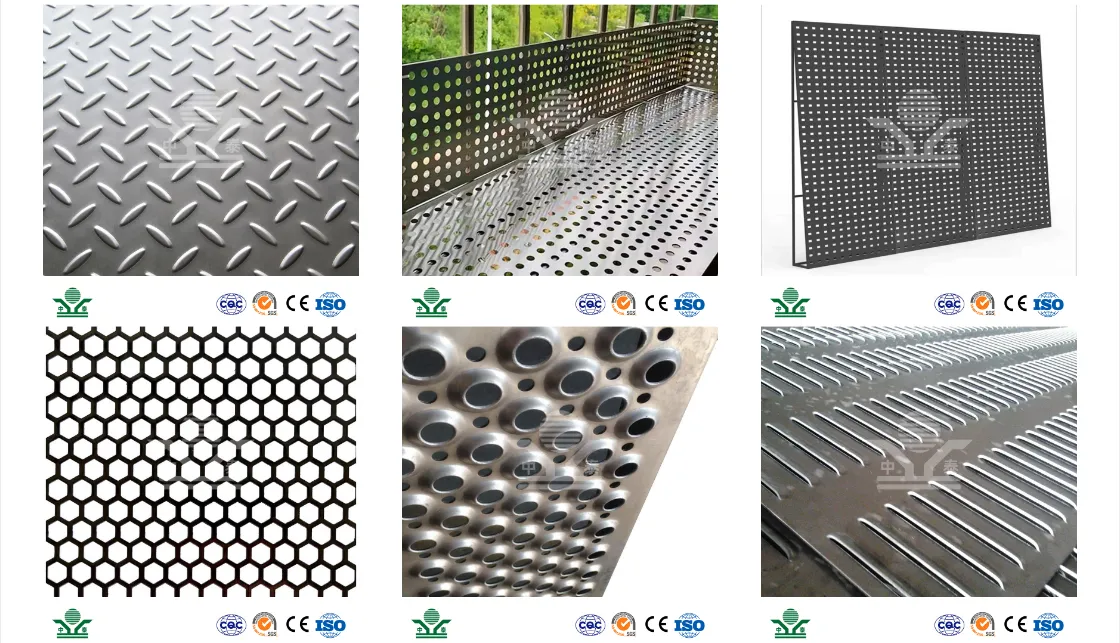Understanding the Cost of Anti-Climb Fences
In today's world, security has become a paramount concern for both residential and commercial property owners. One effective measure to deter unauthorized access is the installation of anti-climb fences. These fences are designed to prevent individuals from climbing over, making them an ideal choice for protecting properties against trespassers, vandals, and even wildlife. However, before deciding to invest in an anti-climb fence, it is essential to understand the factors that influence its cost.
Types of Anti-Climb Fences
The cost of an anti-climb fence can vary significantly based on the type of materials used. Common materials include welded wire, chain link, and solid metal panels. Welded wire fencing, which offers a combination of strength and visibility, tends to be moderately priced, ranging from $15 to $25 per linear foot. Chain link fences are generally less expensive but may not provide the same level of deterrence as other materials. Solid metal panels, while offering superior security, can be costly, sometimes exceeding $30 to $40 per linear foot.
Height and Design Considerations
The height of the fence plays a crucial role in determining its cost. Generally, taller fences (above 6 feet) provide enhanced security but also come with higher installation and material costs. Additionally, more complex designs, such as those incorporating barbed wire or spikes, can further increase the price. These features add an extra layer of protection, making them more effective for high-risk areas, but they also require more materials and labor.
Installation Costs
anti climb fence cost

Installation costs can vary depending on the contractor’s expertise, the complexity of the site, and the region’s labor rates. On average, installation fees can range from $5 to $15 per linear foot. When considering DIY installation, property owners might save on labor but should account for tools and equipment that may be required.
Permits and Regulations
In some areas, installing a fence may require permits, especially if the fence exceeds a certain height or if it is installed near property boundaries. Permit fees can add to the overall cost, and it is essential to check local regulations to avoid unexpected expenses.
Maintenance and Longevity
Finally, while considering the upfront costs of anti-climb fences, it's important to factor in long-term maintenance. High-quality materials may cost more initially but may require less frequent replacement and maintenance. Regular upkeep, such as painting or rust prevention for metal fences, should also be considered in the overall budget.
In summary, the cost of anti-climb fences can vary widely based on materials, design, height, installation, and maintenance. By understanding these factors, property owners can make informed decisions to secure their premises effectively.
-
The Best Metal Mesh Solutions: Expanded Aluminum Metal vs. Expanded Stainless Steel Metal
NewsSep.10,2024
-
Round Perforated Sheets vs. Hexagonal Perforated Sheets vs. Embossed Perforated Sheet Metal
NewsSep.10,2024
-
Perforated Metal Sheets
NewsSep.10,2024
-
Experience The Excellence Of Stainless Steel Grating
NewsSep.10,2024
-
Discover the Versatility Of Metal Mesh Expanded Forming Machines
NewsSep.10,2024
-
Discover The Advantages Of Steel Grating For Sale
NewsSep.10,2024
Subscribe now!
Stay up to date with the latest on Fry Steeland industry news.

